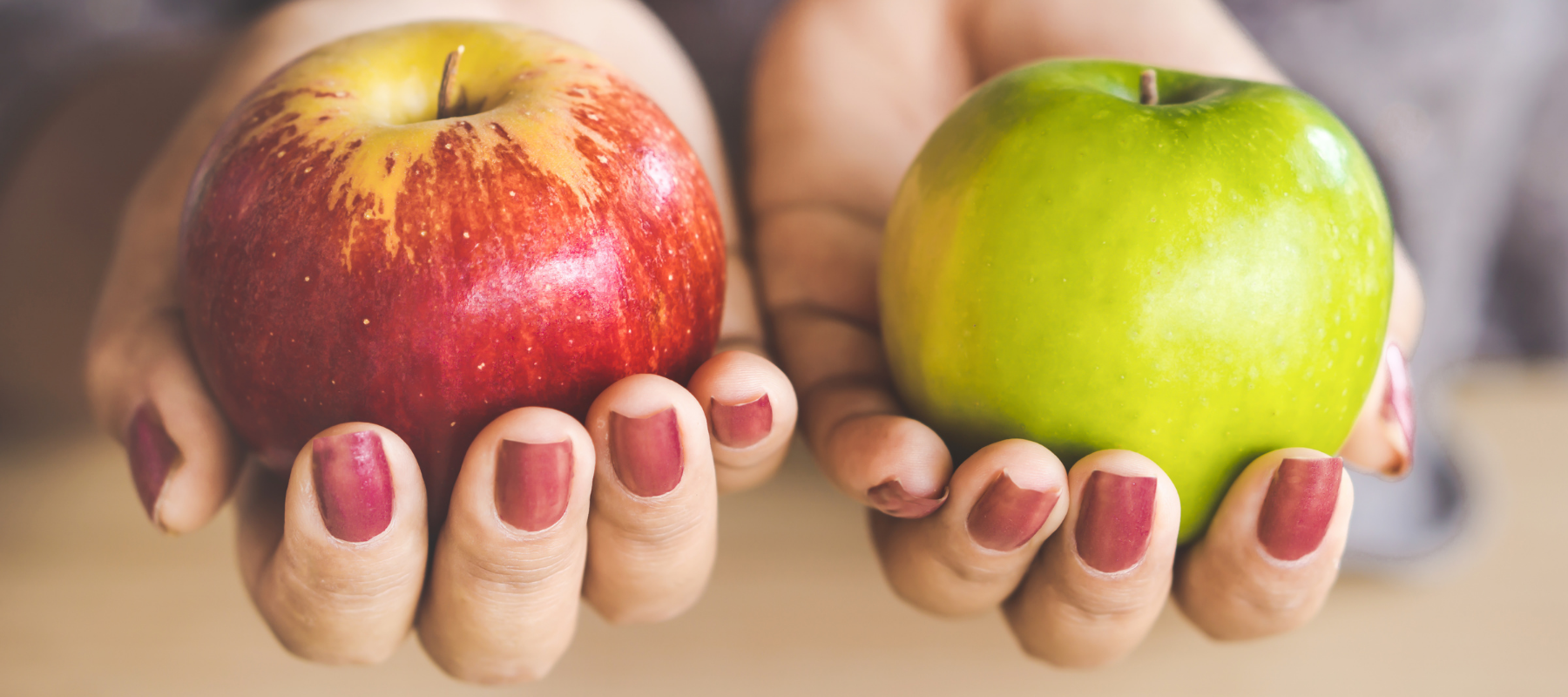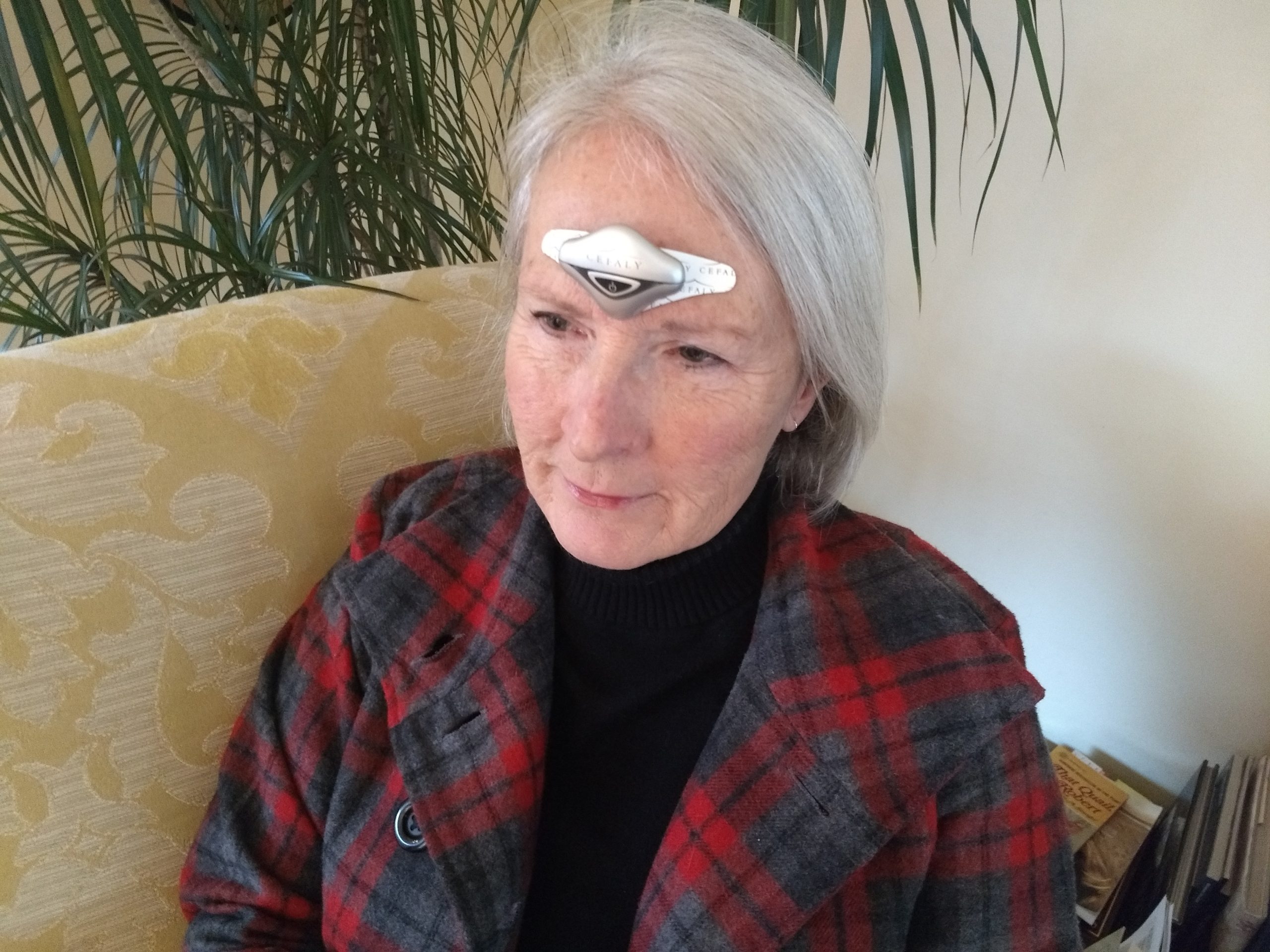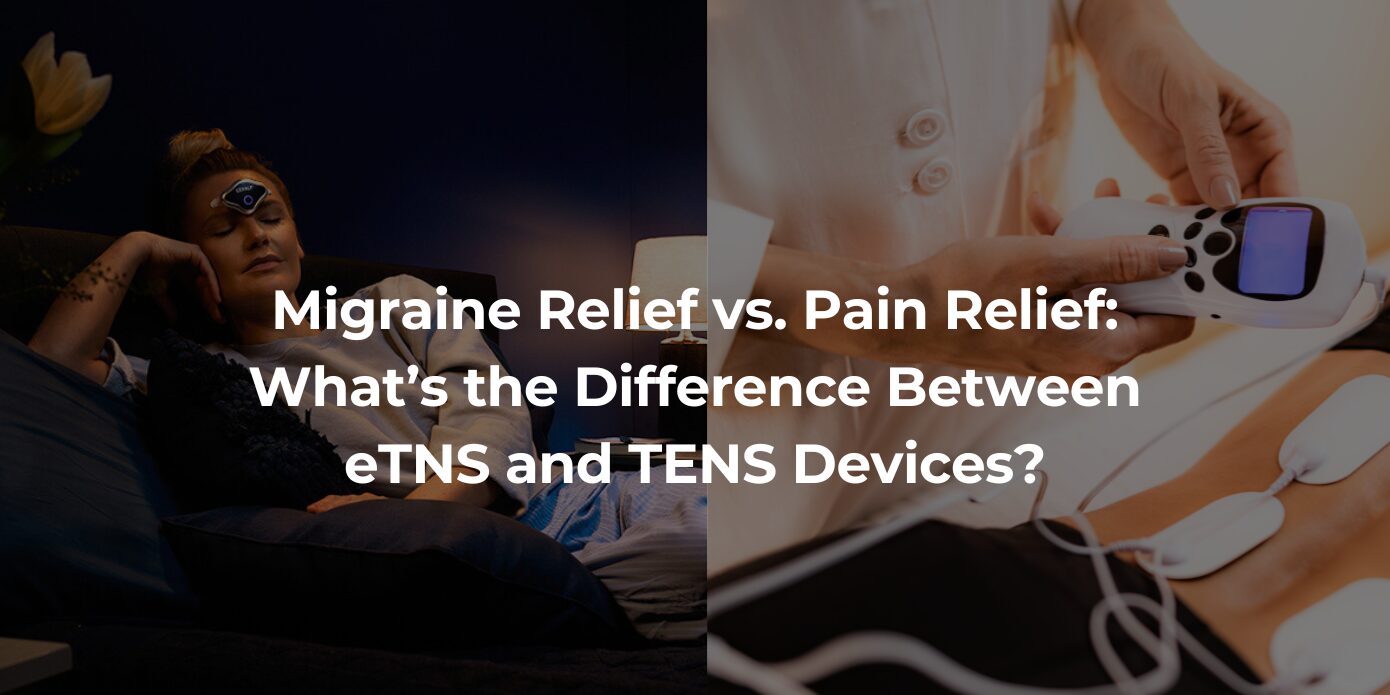- Link between alcohol and migraine
- Can I still drink alcohol if I live with migraine?
- Are certain alcoholic drinks more likely to trigger a migraine?
- How to reduce the risk of a migraine attack from drinking
- How to treat a migraine attack from drinking alcohol
After a night out, it’s easy to blame a headache on too much alcohol — and for good reason. Many studies have found a link between alcohol and primary headaches. But what if we took this a step further? Can alcohol cause migraine attacks? Can we consider alcohol as a migraine trigger?
Experiencing migraine attacks can be overwhelming, and you’d want to prevent it as much as possible. But will that mean you should stop drinking altogether? Let’s explore how alcohol might trigger a migraine and offer some tips to manage your symptoms while still enjoying a drink.
The link between alcohol and migraine
It’s unclear exactly how alcohol causes a migraine attack to happen. There are a few things at play that could help us understand the connection between migraine and drinking alcohol.
First, let’s consider the ingredients and byproducts of alcohol. Alcohol contains various compounds linked to the onset of migraine. These substances can stimulate inflammation throughout the body, potentially leading to migraine symptoms.
Alcoholic beverage ingredients linked to migraine — and hangovers — include histamine, tyramine and congeners.
Second, hydration is a factor. Ethanol — the main ingredient in alcohol — is a natural diuretic. This means ethanol increases your urine production and may lead to dehydration. Dehydration triggers migraine attacks in many people. So, consuming alcohol, especially in excessive amounts, can exacerbate this risk.
Why does alcohol give you a headache?
While many individuals report alcohol as a trigger for their migraine episodes, the exact cause remains uncertain. Some studies suggest that alcohol’s direct effects on the brain, blood vessels and neurotransmitters may play a role. However, identifying a single reason is challenging due to people’s varying reactions to alcohol.
Try CEFALY to Prevent & Relieve Migraine Pain
Can I still drink alcohol if I live with migraine?
Yes, you can still enjoy alcohol if you live with migraine, but moderation and mindfulness are key. While alcohol is a trigger for some migraine sufferers, others find that they can still drink occasionally without experiencing symptoms.
In this regard, it’s essential to understand your triggers and track your alcohol intake. You can try keeping a migraine diary. With personalized migraine tracking and downloadable reports, the CeCe Migraine Management app can help you identify patterns and determine whether alcohol is a consistent trigger for migraine. If you find that alcohol triggers a migraine attack, it may be best to avoid it altogether.
If you’re unsure about the impact of alcohol on your migraine attacks, experiment with moderation. Try sticking to small amounts of alcohol and pay attention to how your body responds. It’s also helpful to consider other factors that may have an effect, such as the type of alcohol you drink and whether you consume it with food.
You should decide whether to drink alcohol with migraine based on your experience and comfort level. If you choose to drink, do so responsibly and be prepared to adjust your intake based on your migraine symptoms.
Are certain alcoholic drinks more likely to trigger a migraine?
Yes, certain alcoholic drinks are more likely to trigger a migraine than others. Generally, darker drinks and those with higher levels of congeners may pose a greater risk.
- Red wine: Red wine, in particular, is a common trigger of migraine attacks in many individuals. This may be due to its higher histamine content and the presence of other compounds like phenylethylamine and tyramine, an amino acid that can affect blood pressure and trigger migraine.
- Brandy: Brandies undergo a longer fermentation and aging process and tend to have higher congener levels.
- Whiskey: Like brandy, whiskey also has higher congener levels due to its fermentation process. It’s also rich in tyramine.
- Beer: Beer can also be a trigger for some individuals — especially those with more hops. The fermentation process and the presence of yeast in beer can contribute to its migraine-inducing effects. Migraine sufferers may better tolerate lighter beers or those with lower hops content.
Note that the response to different alcoholic drinks can vary among individuals. Migraine sufferers need to pay attention to their body’s signals.
Get Drug-Free Migraine Relief With CEFALY
Shop Now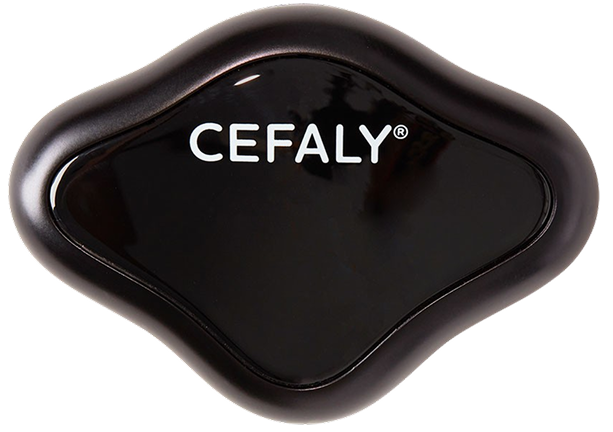
90-day money back guarantee
FDA-cleared
financing available
How to reduce the risk of a migraine attack from drinking
Here are some practical tips to help you reduce the risk of triggering a migraine attack when drinking:
1. Drink in moderation
Limit your alcohol consumption to moderate levels, sticking to recommended guidelines. For men, this means no more than two drinks per day, and for women, it’s one drink per day.
2. Drink slowly
It’s not just about what you drink but how you drink it. Slow down the pace of your alcohol consumption. Sipping slowly allows your body to process the alcohol more gradually and may help lessen its potential to trigger migraine.
3. Stay hydrated
Alcohol is notorious for its dehydrating effects. Counteract this by staying hydrated. Before, during and after drinking alcohol, ensure you hydrate with plenty of water. This simple yet effective step can help mitigate the risk of migraine attacks.
4. Eat a meal before drinking
Fueling your body with a meal before consuming alcohol can make a difference. Eating before drinking helps slow down the absorption of alcohol into your bloodstream. As a result, eating beforehand reduces alcohol’s potential migraine-inducing effects.
5. Keep a migraine diary
A migraine diary can be an invaluable tool for understanding your triggers and patterns. Take the time to record various details, such as the following:
- Stress levels
- Sleep amount
- Type of alcohol consumed
- Quantity of alcohol consumed
- Frequency and duration of migraine attacks
You can learn a lot about what causes your migraine and how much alcohol you can drink by keeping a journal.

How to treat a migraine attack from drinking alcohol
If you’re experiencing migraine symptoms triggered by alcohol consumption, try these tips to manage an alcohol migraine attack.
1. Stop drinking
If you feel a migraine coming on or notice the onset of symptoms after drinking, stop drinking immediately. Continuing to drink may exacerbate the migraine and prolong your discomfort.
2. Hydrate
Dehydration often accompanies alcohol consumption and may worsen migraine symptoms. Drink plenty of water to rehydrate your body and help ease migraine pain. Electrolyte-rich beverages or sports drinks can replenish lost minerals.
3. Relax or sleep
Find a quiet, dark environment where you can rest and relax. Lie down in a comfortable position and try to sleep. Relaxation techniques such as deep breathing or meditation may also help.
4. Try acupressure
If you’re in a pinch, try acupressure. Acupressure involves applying pressure to certain body points to help reduce pain and promote relaxation. Various easy-to-locate acupressure points are associated with migraine relief. For example, gently massage the space between your thumb and index finger or the base of your skull.
5. Use medication
Over-the-counter pain relievers such as ibuprofen or acetaminophen may help ease migraine symptoms. If you have a prescription migraine medication, follow your doctor’s instructions. Be cautious with medication and avoid exceeding recommended dosages.
6. Consider medical devices
Innovative medical devices such as CEFALY Connected offer drug-free migraine relief. This FDA-cleared device uses external trigeminal nerve stimulation (eTNS) technology to target migraine pain. Worn on the forehead, CEFALY uses precise electrical impulses to stimulate and desensitize the trigeminal nerve. Doing so can help provide relief from migraine pain and reduce the frequency of migraine attacks.
Alcohol migraine FAQs
Why does alcohol give me a headache?
Alcohol can give you a headache due to its dehydrating effects, the presence of congeners and the dilation of blood vessels in the brain.
How quickly can alcohol trigger a migraine?
Alcohol can trigger a migraine within a few hours of consumption. However, the timing can vary depending on the individual and the type of alcohol consumed.
Is there a safe amount of alcohol to consume without triggering a migraine?
This varies for each person. Some may find that small amounts of certain types of alcohol do not trigger migraine. Others may need to avoid alcohol altogether.
Do alcoholic beverages with lower alcohol content cause fewer migraine attacks?
Potentially. Lower alcohol content might reduce the risk, but individual sensitivities to specific compounds in the beverage still play a significant role.
Can drinking water alongside alcohol help prevent migraine?
Yes, it can help. Drinking water alongside alcohol can help mitigate the dehydration effect and might reduce the likelihood of a migraine attack.
What is the best alcohol for migraine sufferers?
There isn’t one best alcohol type for individuals with migraine, because triggers can differ from person to person. The best alcohol for migraine sufferers is typically lighter drinks and those with lower levels of congeners.
Find relief from your alcohol migraine with CEFALY
Alcohol can certainly act as a trigger for some individuals, and understanding your triggers and alcohol intake can help manage migraine episodes. It’s about finding what works best for you. And if you’re looking for migraine relief without prescriptions or severe side effects, consider trying CEFALY.
Our device offers both acute relief during attacks and daily prevention to reduce the frequency of future episodes. Take control of your migraine journey today with CEFALY and reclaim your life from the grasp of migraine pain.
Buy your CEFALY device now and experience the difference!


